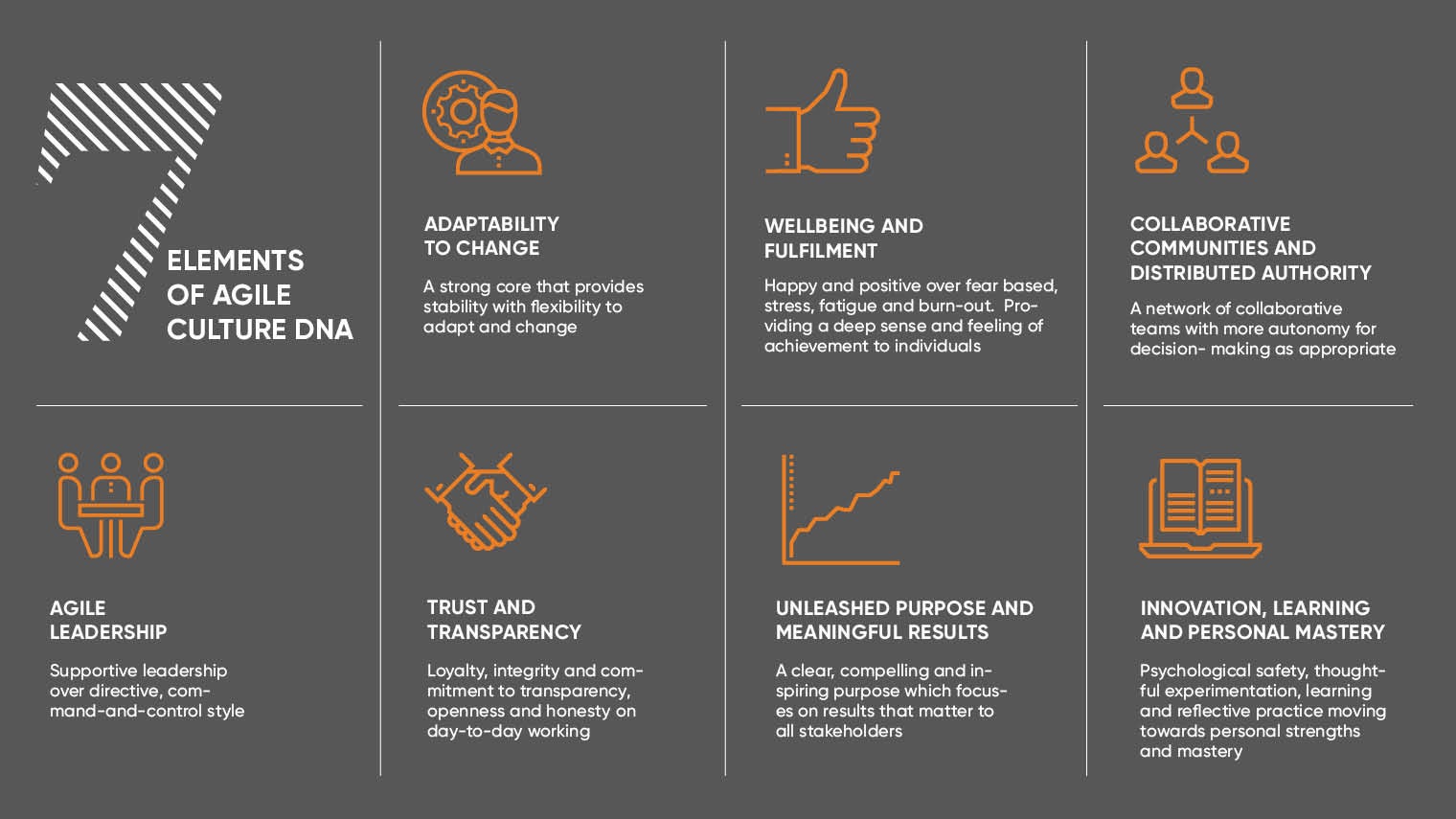Against a backdrop of rapid political, economic and digital change, the need for businesses to be able to adapt and respond has never been greater. To succeed in fast-moving markets, businesses must demonstrate agility and a deep-rooted commitment to improving the overall customer experience.
For businesses to achieve this change, the focus needs to shift from the traditional model of command and control to a people-centric approach that permeates through every inch of the organisation.

According to Ed Holt, founder of the Agile Business Consortium, this transformation will be driven by leadership and culture, which he describes as the cornerstone of a truly agile business.
He says: “In unprecedented times of uncertainty and change, it comes as little surprise that there is growing interest among businesses to be more nimble. However, for an organisation to really deliver value, any changes made need to be powered by effective leadership and autonomously collaborative teams. It really is about harnessing the power of people.”
For Mr Holt, successful businesses will be those that take time to understand what a completely agile business structure looks like, and be prepared to live and breathe it. Businesses must create an environment underpinned by shared values, behaviours and practices that allow and encourage employees to be more flexible, innovative and, importantly, to feel listened to. Not surprisingly, creating a culture founded upon a collective purpose and passion is crucial.
Katie Taylor, the Consortium’s lead on agile culture and leadership, explains: “If employees of a company aren’t pointed at the same goal and do not share the same sense of purpose, any move to change the business won’t work. The overriding aim must be to create a people-centric organisation and the most successful companies are those with a shared sense of purpose that doesn’t simply revolve around making money.”
Who can ignore the phenomenal rise of US giant Google and the UK household name Timpson, whose success is arguably down to their focus on their people who provide exceptional customer experience? It is this approach that drives success and keeps businesses ahead of the curve.
With this in mind, successful leadership needs to centre on transparent, honest communication, says Ms Taylor. This in turn leads to greater collaboration and loyalty within teams.
Agile leadership is not a role of control, but one of facilitation, help and support, with guidance if needed. By encouraging greater communication, leaders will learn what’s really important to the business and its success. Leadership should not be limited to those in very senior positions either; an agile leader should have the foresight to develop the organisation’s overall leadership by realising the potential of each team to lead.
“Mentoring today’s leaders in the principles and practices of ‘servant leadership’ sows the seeds for the agile culture to thrive,” says Ms Taylor. “If you want genuine agility, it involves having the right mentality. If the mindset of the leadership doesn’t change, there is no point in delayering a business or changing team structures as it won’t create lasting, effective change.”
Mr Holt points out, moving with the times requires people to be more nimble, progressive and open to positive change. The Consortium has identified three core pillars it believes underpin successful leadership – communication, commitment and collaboration.
“Agile leadership feels very different to traditional leadership,” says Mr Holt. “It’s not just about driving and promoting change, but about being the change. Those who lead by example and actively engage in their own development inspire people. They have a meaningful vision of change and a passion to align those values into inspired action.”
Regardless of size or sector, businesses that will prosper in today’s world will be those which recognise, value and harness the power of their people.
Get the agile culture and leadership executive summary at www.agilebusiness.org/agileculture
Join our webinar, Harnessing the Power of People to Build an Agile Culture, at 11am on Wednesday January 17, 2018

